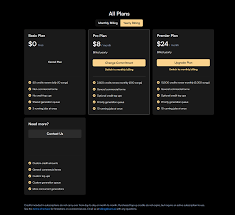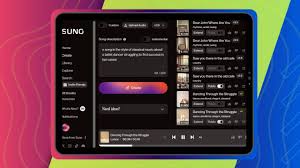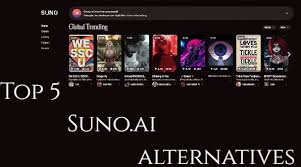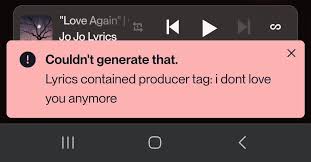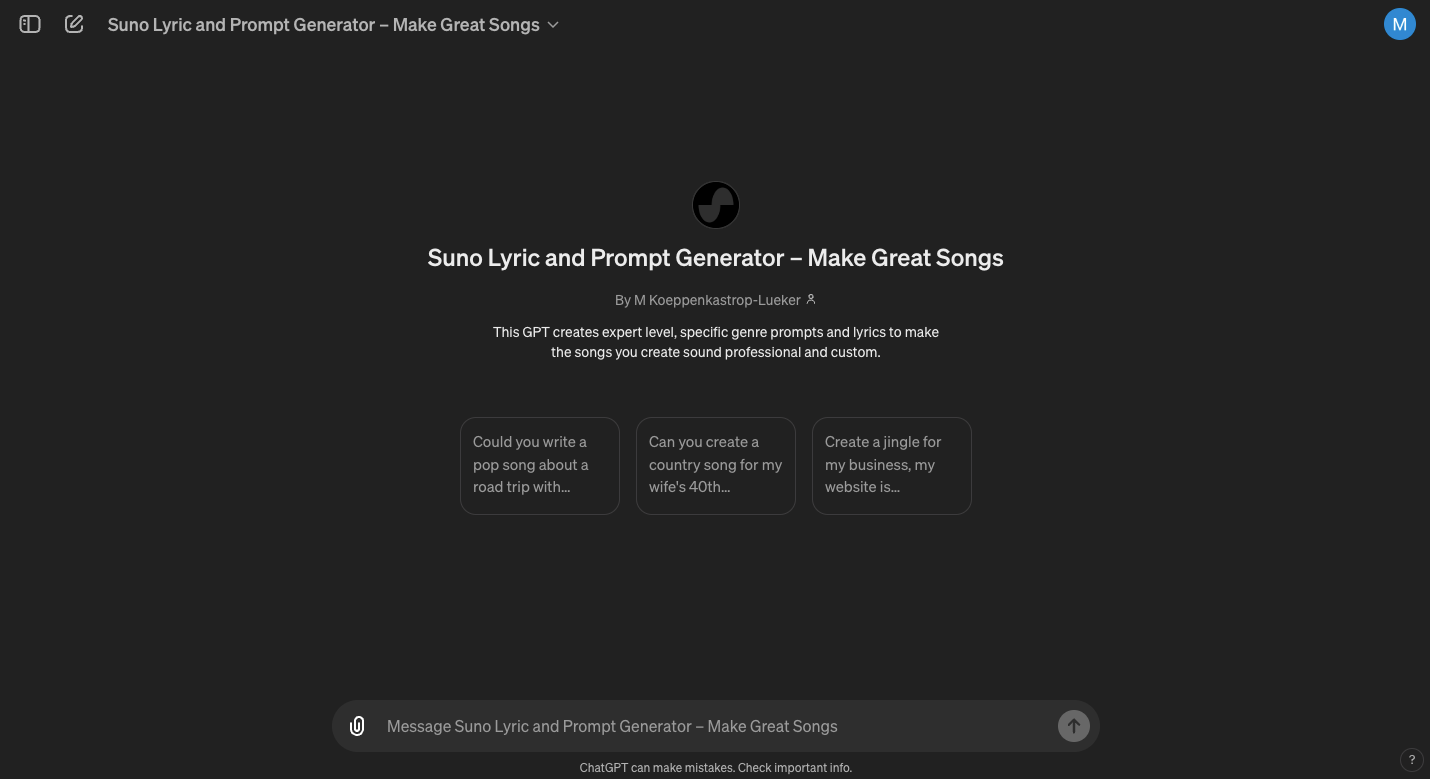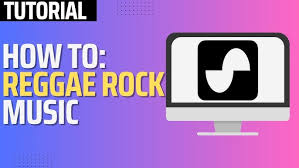Introduction: Finding the Right Voice for Your Digital Star
In 2025, virtual idols aren’t just a concept—they’re a global phenomenon. From anime-inspired VTubers to hyper-realistic 3D pop stars, these AI-powered characters need more than flashy avatars—they need authentic, expressive, and emotionally dynamic voices.
Whether you’re building a bilingual AI singer, a K-pop-style digital group, or an experimental lo-fi performer, your idol’s voice can make or break their impact.
That’s where AI voice generators for virtual idols come in. These tools transform lyrics, melodies, or raw prompts into professional-grade vocals that sound indistinguishable from real singers—or even better.
This article explores the top AI voice generators in 2025 for crafting vocal performances that captivate audiences and build long-term fandoms.
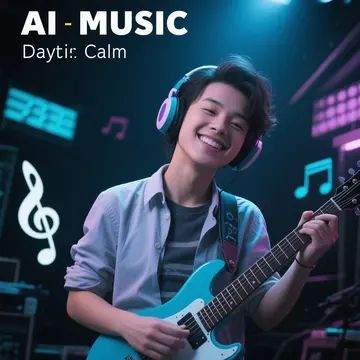
1. Synthesizer V – Most Expressive AI Singing Engine
Best for: High-precision vocal control, multilingual singers, emotional range
Synthesizer V (or SynthV) by Dreamtonics is widely considered the gold standard for virtual idol vocal synthesis. It allows creators to manipulate:
Pitch curves
Vibrato intensity
Tension, breathiness, gender factor
Real-time parameter tuning
Voicebanks like Eleanor Forte, Asterian, and Tsuina-chan support English, Japanese, and Mandarin. The “AI” engine sounds astonishingly human, with breath pauses and vibrato that mimic live vocals.
?? Ideal for:
Anime-style idols
Realistic ballads and J-pop tracks
Music with high emotional nuance
?? Pricing:
Free basic version available; Pro Studio and AI voicebanks are licensed per voice.
2. Suno.ai – Best for End-to-End AI Song Generation
Best for: Full-song creation with vocals, lyrics, and instrumentals
Suno lets you generate complete songs from a text prompt, including lyrics and vocals. You don’t need to supply a melody—it handles that for you. The vocals are AI-synthesized and often genre-specific.
Prompt example:
"A sad pop ballad in Korean about lost love, soft female voice."
You get back a full 1–2 minute song with:
Lyrics
AI vocals (gender/style detected)
Instrumental backing
Vocal timing + pitch already tuned
?? Ideal for:
Fast prototyping
Virtual idols with frequent single releases
Creators without a musical background
?? Pricing:
Free plan with limitations; Pro version for commercial use.
3. Voicery AI Sing / Voicemod Sing – Best for Stylized Voices
Best for: Stylized digital vocals for gaming, EDM, or lo-fi aesthetics
These tools let you choose from a variety of pretrained stylized voice models (e.g., “robotic tenor,” “hyper-pop girl,” “gritty rapper”). Unlike SynthV, they don’t aim to fully replicate realism—but offer character-rich textures that sound artistically synthetic.
Features include:
Voice filters with genre presets
Basic pitch and pace controls
Custom layering with FX
?? Ideal for:
Hyperpop, glitchcore, or metaverse-native idols
Background vocals or alternate “AI identity” voices
?? Pricing:
Subscription-based (Voicemod); enterprise licensing for Voicery.
4. Diff-SVC & So-VITS-SVC – Best for Voice Cloning and Covers
Best for: Creating AI covers with cloned real or fictional voices
These open-source tools are at the heart of the AI cover revolution. Train the model on 10–30 minutes of voice data, and your virtual idol can cover songs in that voice, retaining original pitch, style, and tone.
Use cases:
Emulating a real person’s singing style (with permission)
Building an original voice timbre for your virtual idol
?? Ideal for:
AI cover artists
Indie producers with GPU access
Technical users (Python environment required)
?? Tip: Layer with a voice activity detection model to avoid pitch wobble and artifacts.
?? Pricing:
Free (open-source); requires local setup.
5. IBM Watson Text-to-Speech (TTS) + Melody Alignment – Best for Experimental Vocal Synthesis
Best for: Creating experimental or generative voices via TTS + MIDI
Although not built for singing, tools like IBM Watson TTS or Google TTS can be hacked together with MIDI alignment systems to create minimalist or robotic singers—useful in avant-garde, sci-fi, or abstract virtual idol projects.
?? Ideal for:
Conceptual AI idols
Visual art/music fusion
Performance art pieces
?? Pricing:
Pay-per-character or API usage.
Feature Comparison Table
| Tool | Vocal Realism | Emotion Control | Multilingual | Song Generation | Custom Voice | Skill Level |
|---|---|---|---|---|---|---|
| Synthesizer V | ????? | ???? | ? | ? | ? | Medium |
| Suno.ai | ???? | Auto (Prompt) | ? (limited) | ? | ? | Easy |
| Voicemod Sing | ??? | Preset Styles | ? | ? | ? | Easy |
| Diff-SVC | ???? | Dependent on data | ? | ? (cover only) | ? | Advanced |
| IBM TTS + MIDI | ?? | ? | ? | ? (hack only) | ? (DIY) | Advanced |
What to Consider When Choosing an AI Voice Generator for Virtual Idols
? Language and Accent Support
If your virtual idol is multilingual (e.g., Japanese + English), choose a tool that natively supports those phonemes.
? Vocal Style
K-pop? Jazz? Lofi? Your voice generator should align with the genre and fanbase expectations.
? Emotional Control
Look for breathiness, vibrato, tension, and tone control if your idol sings emotional ballads.
? Realism vs Characterization
Do you want your idol to sound human or unmistakably synthetic? Choose accordingly.
? Licensing and Commercial Use
Make sure the voices you generate can be used commercially and that cloned voices have proper rights.
Conclusion: The Voice Defines the Virtual Star
Your virtual idol’s voice is more than a sound—it’s their identity. Whether you’re building a global pop icon, an indie YouTube crooner, or a gamified avatar influencer, AI voice generators empower you to sculpt vocals that resonate with emotion, precision, and personality.
With tools like Synthesizer V for control, Suno for speed, and Diff-SVC for cloning, the voice you imagine can now literally be heard.
Choose wisely—and let your virtual idol sing their way into the hearts (and playlists) of millions.
FAQs
Can I sell songs created with AI voice generators?
Yes—if the voice model allows commercial use. Always check licensing terms.
What’s the easiest tool to start with for beginners?
Suno.ai is prompt-based and doesn’t require music skills. Great for rapid creation.
Can I make a custom voice for my virtual idol?
Yes, with Diff-SVC or So-VITS-SVC, you can train a custom model using sample recordings.
Are AI vocals accepted on platforms like Spotify and YouTube?
Yes, but you must disclose and follow copyright guidelines for lyrics and melodies.
Learn more about AI MUSIC

